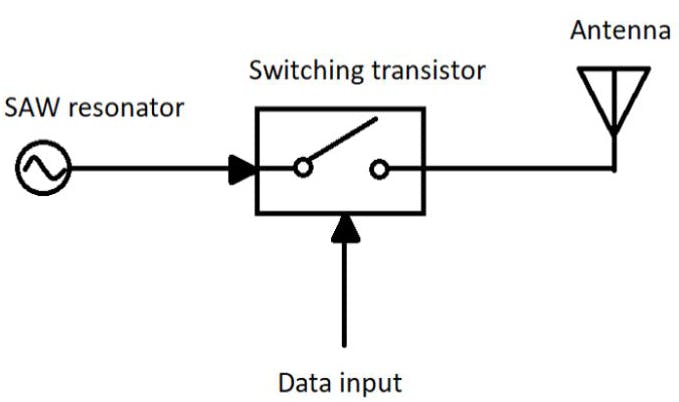About Project
An RF module, which is a Radio Frequency module involves two modules, one which takes the data called the receiver and the one which sends the data called the transmitter.

Wireless Arduino Doorbell
The transmitter module, with the Arduino, is attached near the door and the receiver module with Arduino, can be placed in any part of the room.
When someone drives the switch, it carries the high pulse to the 5th pin of Arduino, which is attached near the door along with the transmitter module.
When this pin becomes HIGH, Arduino sends data via the transmitter and these signals are initiated by the receiver. The Arduino, which is attached to a buzzer, reads these signals and when the data is received.
Receiver Circuit
An RF tuner is utilized to tune the circuit to a specific frequency, which requires meeting the transmitted frequency. An amplifier circuit is utilized to increase a specific frequency from all other signals and to improve the sensitivity of the specific frequency.

 hIOTron
hIOTron